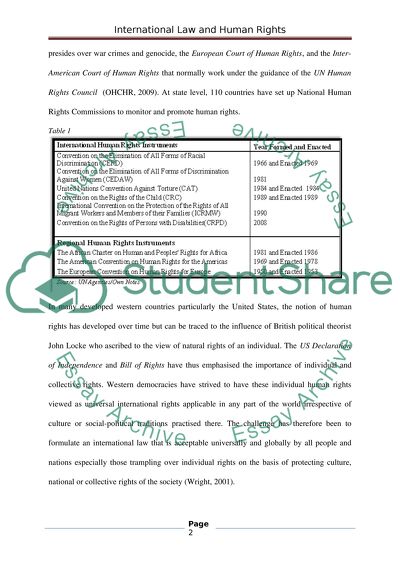Cite this document
(Importance of International Law on Human Rights Case Study, n.d.)
Importance of International Law on Human Rights Case Study. Retrieved from https://studentshare.org/law/1561823-assess-and-explain-the-importance-that-human-rights-have-attained-within-international-law
Importance of International Law on Human Rights Case Study. Retrieved from https://studentshare.org/law/1561823-assess-and-explain-the-importance-that-human-rights-have-attained-within-international-law
(Importance of International Law on Human Rights Case Study)
Importance of International Law on Human Rights Case Study. https://studentshare.org/law/1561823-assess-and-explain-the-importance-that-human-rights-have-attained-within-international-law.
Importance of International Law on Human Rights Case Study. https://studentshare.org/law/1561823-assess-and-explain-the-importance-that-human-rights-have-attained-within-international-law.
“Importance of International Law on Human Rights Case Study”. https://studentshare.org/law/1561823-assess-and-explain-the-importance-that-human-rights-have-attained-within-international-law.


